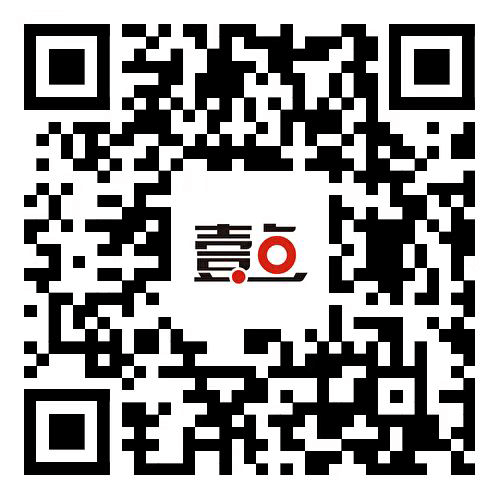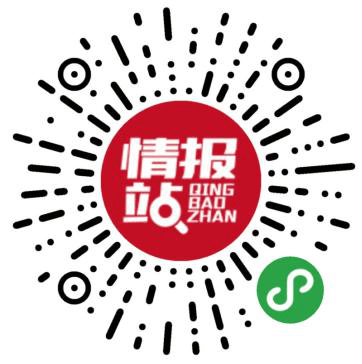The history of China's Teachers' Day can be traced back to the Han Dynasty (206 BC-AD 220).
According to historical records, on the 27th day of the eighth lunar month each year, the birthday of China's great thinker Confucius (551-479 BC), the emperor would go to Confucius' temple and pay tribute to the famous philosopher followed by court officials. The emperor would also invite royal teachers to the imperial court for a banquet.
 A portrait of Confucius (551-479 BC) [Photo provided to China Daily]
A portrait of Confucius (551-479 BC) [Photo provided to China Daily]
Local officials followed the court, and on this day, teachers around the nation enjoyed a day's vacation and were given dried meat as gifts.
Although the term "Teachers' Day" had not yet been formally established, this institutionalized practice of offering sacrifices to Confucius and honoring teachers already bore the features of a festival and is widely regarded as the origin of "Teachers' Day" in ancient China.
Thereafter, this tradition continued and developed through the Wei (220-265), Jin (265-420), Tang (618-907), Song (960-1279), Ming (1368-1644) and Qing (1644-1911) dynasties, with the ceremonies for Confucius becoming increasingly grand, while the status and treatment of teachers gradually improved.
(China Daily)


热门评论 我要评论 微信扫码
移动端评论
暂无评论